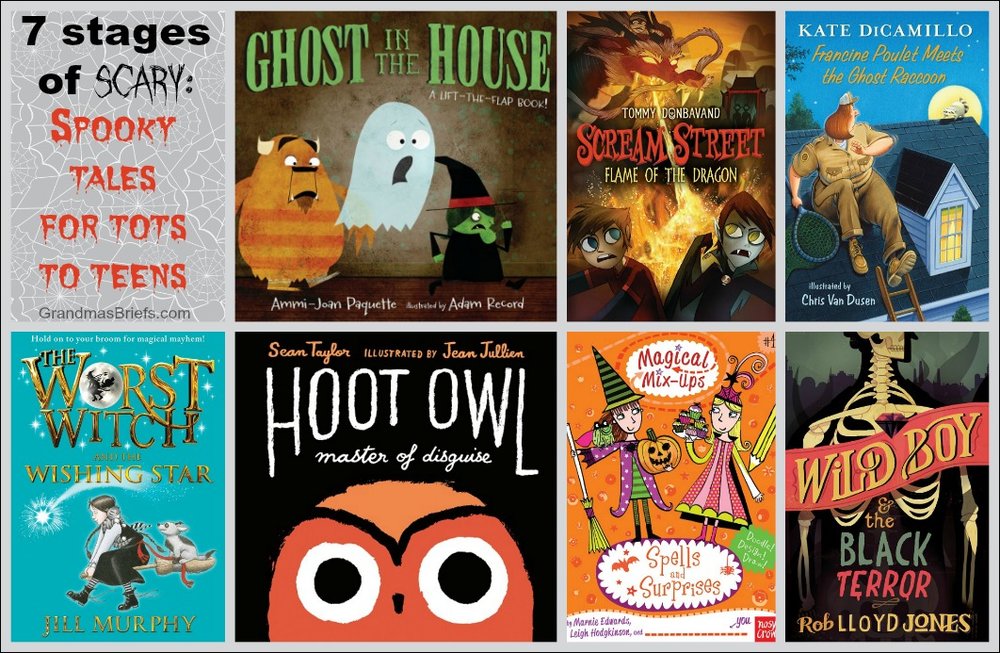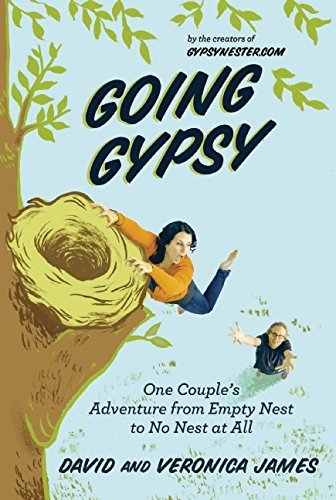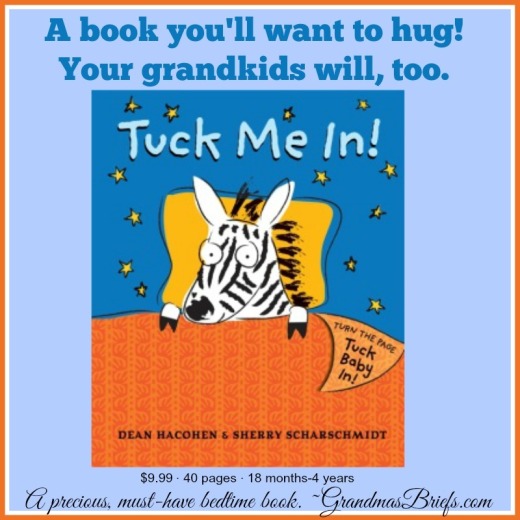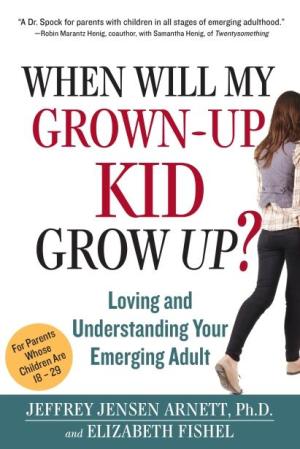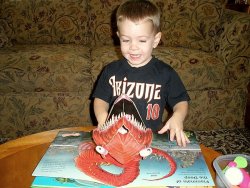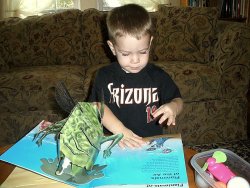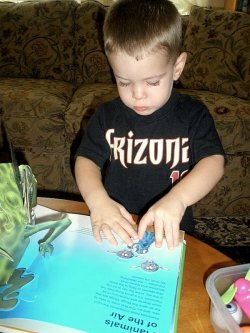I used to tease my daughters when they were in their early 20s that you know you're a grown-up when you make your bed every day. They're all now 30 or pretty close to it, and if that's truly the test of having reached adulthood, my daughters still have lots of growing up to do. Well, all but my youngest, who does indeed make her bed each and every day. The other two? Not so much.
Fortunately for them, bed-making isn't the barometer of being a big girl, er, adult, by any means. There are, though, markers that do signify adult status — and they're far different than what they used to be, according to When Will My Grown-Up Kid Grow Up? by Jeffrey Jensen Arnett, Ph.D., and Elizabeth Fishel.
It used to be — for most baby boomers and older generations — that finishing one's education, moving away from home and getting married meant, viola!, you're an adult. That's not the case with the current generation of kids now ages 18-29. Not just in their minds, but in the minds of their parents, too. And this book, subtitled "Loving and Understanding Your Emerging Adult," is for those parents — and for parents of kids well past that age who can still use the advice and/or find comfort within.
Parents of today's 20-somethings look to different markers to signify a child has reached adulthood, according to a survey conducted by the authors of When Will My Grown-Up Kid Grow Up?. When asked "What is important in reaching adulthood for your child, in your opinion," the top three answers given by parents had nothing to do with finishing school, moving out or marrying. The top three were "Accepting responsibility for him/herself," "Becoming financially independent," and "Making independent decisions." Farther down the list were, of course, the traditional markers, plus "becoming more considerate of others" and "having a child."
So if those traits are the goal with our adult children, why do they seem to be taking so long to get there nowadays? Arnett and Fishel offer plenty of reasons, as well as advice for how parents can remain supportive but allow their children to develop the necessary skills, traits and characteristics that now define in today's culture a fully emerged adult.
Parents of children over the age of 18 may have thought they no longer needed parenting books. Consider this the last one you'll likely need... and you probably really do need it. There's not only advice and insight on the child at this stage, but excellent information on dealing with the empty nest and the effect it can, no will, have on the parents — their marriage (or non-marriage) one's own self-image and plans for the future. And it's all told with a sense of humor. Serious stuff here, but not dry and stuffy by any means.
The information and advice given in When Will My Grown-Up Kid Grow Up? — whether focusing on the child or the parent — is real, accurate, helpful, insightful. How do I know? Because I've been there, done that, could have used that. In my family, the kids are alright. And those alright kids are no longer kids, really, for they have surprisingly, successfully, emerged into adults.
It sure would have been nice, though, if I would have had this book while we all struggled through the "emerging into adulthood" process as a family, to let me know I was doing alright, too. Those years featured many long days, sleepless nights, and plenty of fights, all which made me believe my husband and I had clearly not instilled something or another that we should have in our daughters. This book shows otherwise, made me feel better. I'm pretty sure it'll make parents still in the process of watching their children emerge into adulthood feel better, too.
Unfortunately, though, the book won't teach grown-up kids how to make their beds every day. But as we all know, that's not really what matters anyway. (Just don't tell my daughters.)
When Will My Grown-Up Kid Grow Up? by Jeffrey Jensen Arnett, Ph.D., and Elizabeth Fishel (Workman, $23.95) is available wherever books are sold. Learn more on the Workman Publishing website.
Still on the fence about the book? The following book trailer will surely resonate with — and make chuckle — those who will most appreciate When Will My Grown-Up Kid Grow Up?
